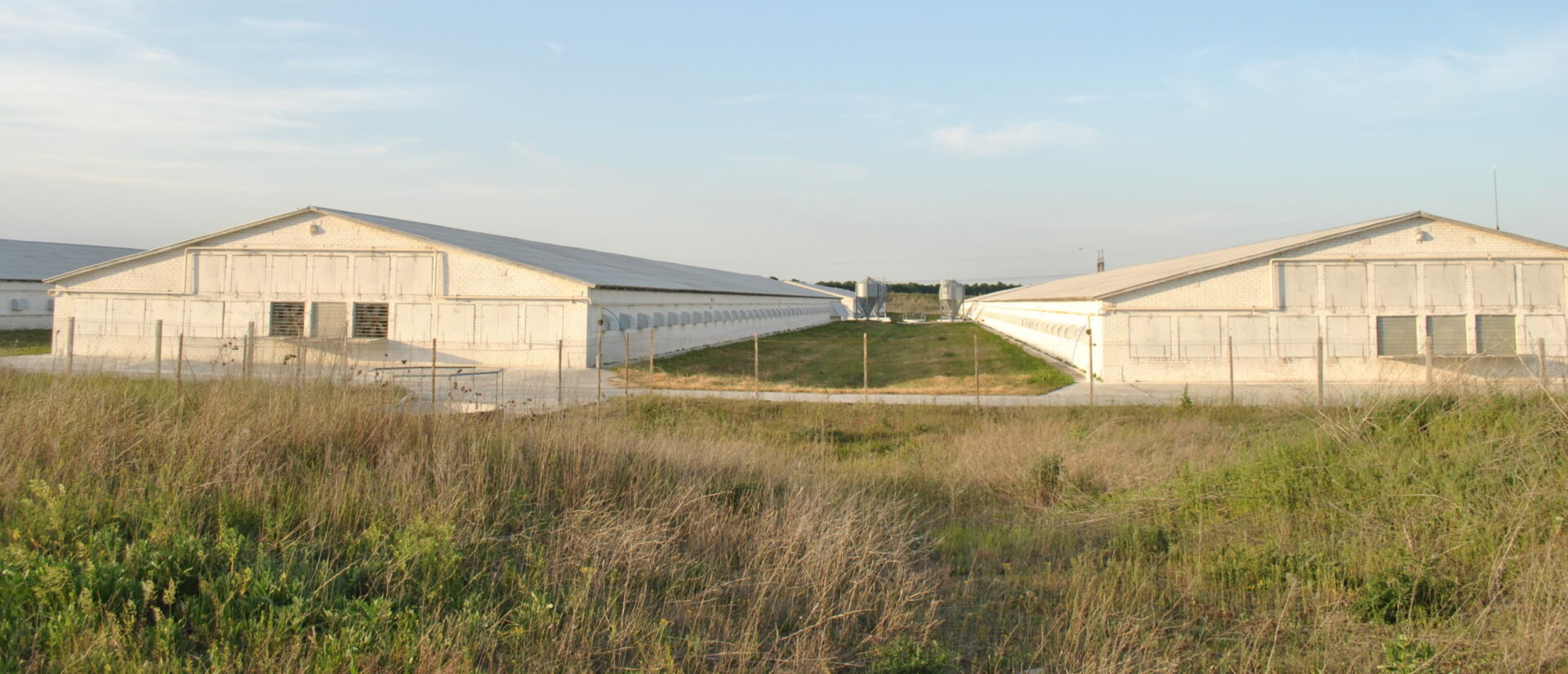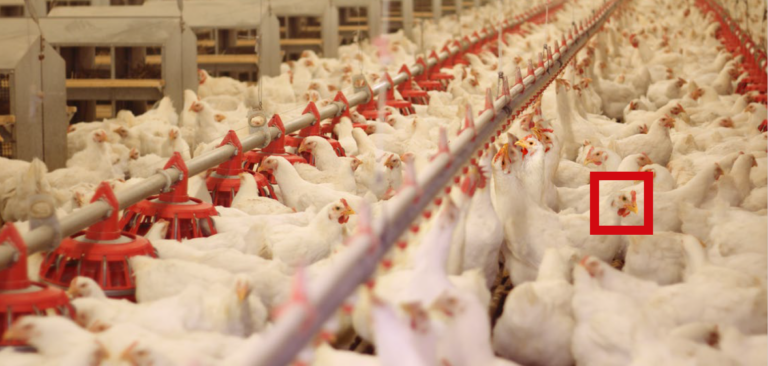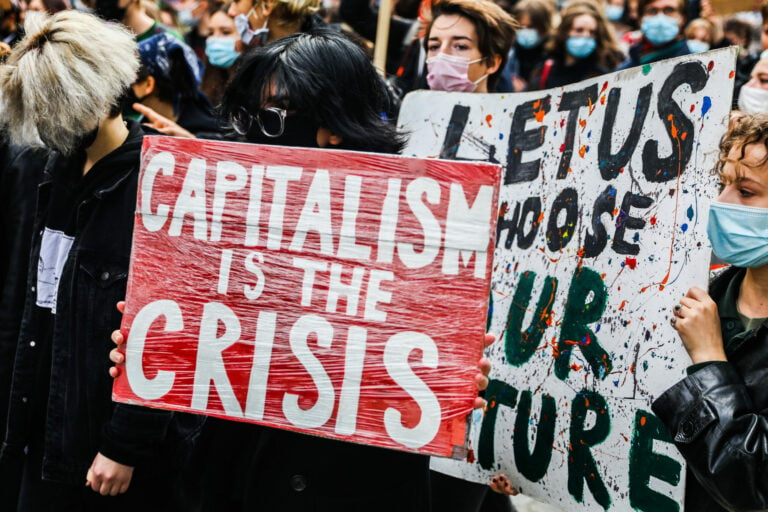
European tax havens help Ukrainian poultry giant to feather its nest
One of the largest exporters of chicken products to the European Union, the Ukrainian poultry giant MHP uses letterbox companies in tax havens Luxembourg and Cyprus to avoid taxes at home, new research by SOMO shows. The poultry producer’s aggressive tax practices contrast sharply with the objectives of the international development banks that have allowed the company to feather its nest and flourish.
Letterbox companies in known tax havens both inside and outside Europe have enabled MHP – short for Myronivsky Hliboproduct – to avoid an estimated $98 million in taxes in its home country Ukraine, according to SOMO’s report ‘A fox in the henhouse’. As well as taking advantage of fiscal structures abroad, the company also enjoys massive subsidies and tax breaks in Ukraine itself, allowing it to pay no corporate income taxes and very little VAT. The result is that the company is largely exempt from Ukrainian taxes, while it does its utmost to avoid the taxes it still has to pay.
“By routing finance provided by investors through its mailbox companies in Luxembourg and Cyprus, MHP has aggressively sought to avoid Ukrainian withholding taxes,” says Vincent Kiezebrink, Researcher at SOMO. “This is a company that has its roots as well as most of its operations in Ukraine, yet its parent company is domiciled in Cyprus. MHP has shown to be willing to set up elaborate tax avoidance structures to avoid paying its fair share.”
‘Batman cut’ and other controversies
MHP’s tax avoidance scheme comes on top of several other controversial practices that have ruffled feathers and attracted headlines for the company over the years. The company has faced complaints over community rights violations, corruption, air and water pollution, and intimidation and beatings of activists. In the European Union, the company became infamous for its ‘Batman cut’ of chicken breast, disguising its chicken fillets by leaving a bone in the fillet, which allowed it to bypass EU import quotas.
MHP has expanded rapidly since it began operations in 1998. Today it is a dominant force in Ukraine and has become one of the largest exporters of chicken products to the EU, with a turnover of more than $2 billion in 2019. International development finance has played a major role in this expansion, with the European Investment Bank (EIB), the European Bank for Reconstruction and Development (EBRD) and the International Finance Corporation (IFC) providing the company with hundreds of millions of dollars in loans since 2003 (see also SOMO’s 2015 report ‘Chicken Run’). The company also benefitted substantially from export credit insurance from Dutch insurer Atradius, with financial backing from the Dutch state.
Kiezebrink said: “These development banks clearly state that their loans are meant to stimulate sustainable economic development, under transparent conditions. It was already alarming that public money kept flowing to a company with such a bad track record on human rights and environmental pollution, but MHP’s aggressive tax avoidance further clarifies that investing in this company is not in line with the banks’ objectives.”
Banks, review your policies
Development banks like the EBRD, IFC and EIB should refrain from any future investments in MHP and should also review how their policies allowed them to invest in a company with such a poor track record.
Furthermore, the Member States that contribute to these institutions with taxpayers’ money should use their vote to change the banks’ practices, and ensure that companies receiving funds respect human rights and pay their fair share of taxes.
The Dutch Government and its export credit insurer Atradius should also refrain from insuring future Dutch sales to MHP.
Do you need more information?
-

Vincent Kiezebrink
Researcher
Related content
-
 Rural communities in Ukraine bearing the brunt of unchecked agribusiness expansionPosted in category:NewsPublished on:
Rural communities in Ukraine bearing the brunt of unchecked agribusiness expansionPosted in category:NewsPublished on: -

-
SOMO strategy 2021 – 2025 Published on:Posted in category:Publication




